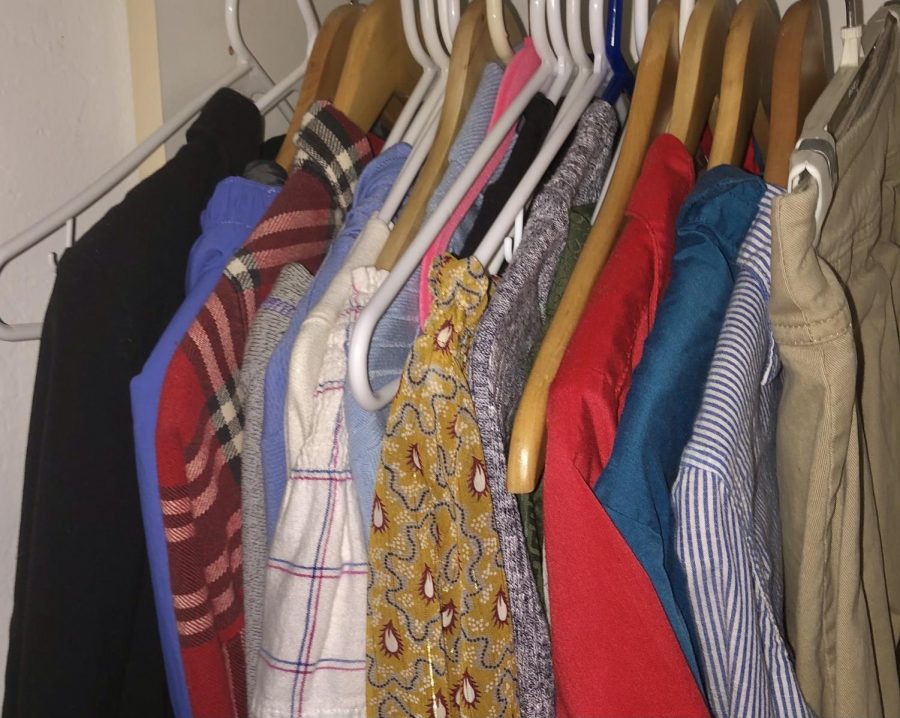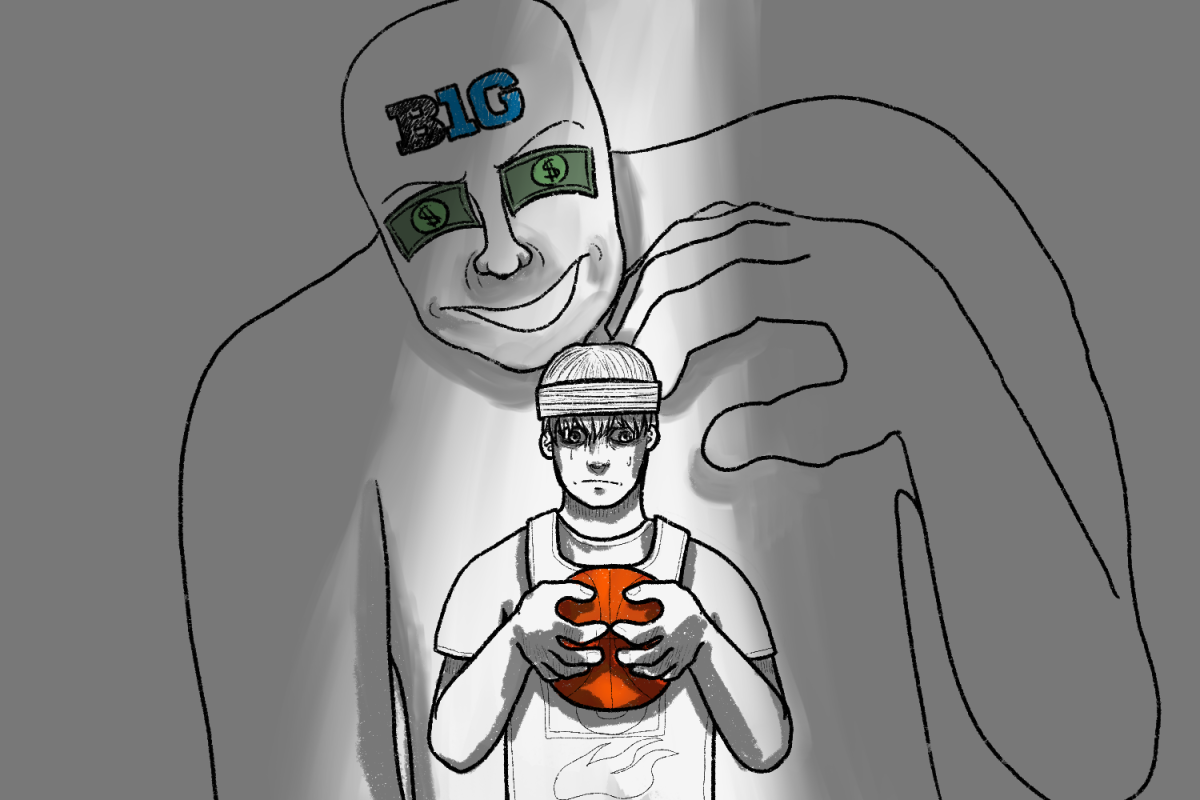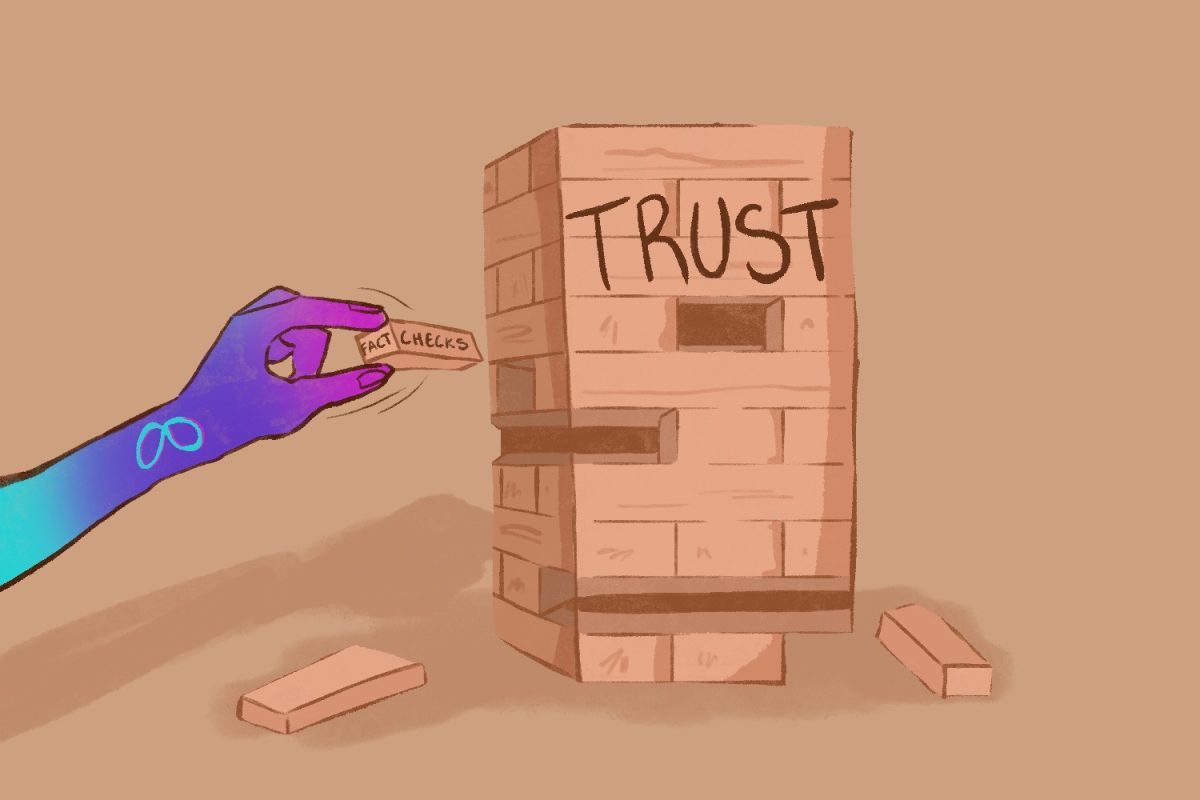Adidas, Victoria’s Secret, Disney, UNIQLO, Forever 21, GAP, H&M, Urban Outfitters, Ralph Lauren, Target, Billabong, Lorna Jane, Top Shop.
If you wear clothes from any of these brands, there’s a solid chance you are wearing clothes made in sweatshops.
With the advent of fast fashion, the clothing industry has turned to produce hundreds of new styles every week. Companies such as Zara, who began the fast-fashion trend with biweekly deliveries, turn a profit by selling more clothes than can be worn while only slightly marking up each item’s price. The result is cheaply made clothing that keeps consumers coming back for each new style, creating billions of dollars in profit while the actual garment makers live in abhorrent conditions. Because of this, there is perhaps no modern industry more indicative of the state of American consumerism as the fashion industry.
According to Investopedia, consumerism is the idea that a constant increase in the number of goods and services bought by customers is beneficial to the economy. However, this does not account for the resources needed to be continuously increasing production, including human resources— the workforce.
According to The World Counts, workers worldwide are subject to 100-hour workweeks, wages as low as three cents per hour, and child labor, all to maintain the culture of constant consumption in America. Every common item we buy is born of the oppression of other workers across the world. Our nation’s lifestyle is only possible because we have chosen to turn a blind eye to people’s suffering in developing nations in favor of our leisure and comfort. But it’s important to remember that it is the fault of the society, the collective, not just the individual consumer.
While it’s a nice choice to buy exclusively from ethical brands, and if that option is available to you, it simply is not for most people. Unethical clothing will continue to dominate the market, no matter how many people can choose to buy slow fashion because the real problem is the culture. The legal system has turned a blind eye to these problems because they are more profitable, but it is not the individual shopper’s fault. Instead, it is a collective burden that weighs upon every member of society as a whole, especially those who advocate for it because it is profitable for them, the business owners, and industry titans.
Until that changes, until profit is not seen as the ultimate goal for our society, fast fashion will prevail.
*This editorial reflects the views of the Scot Scoop editorial board and was written by Anita Beroza.













